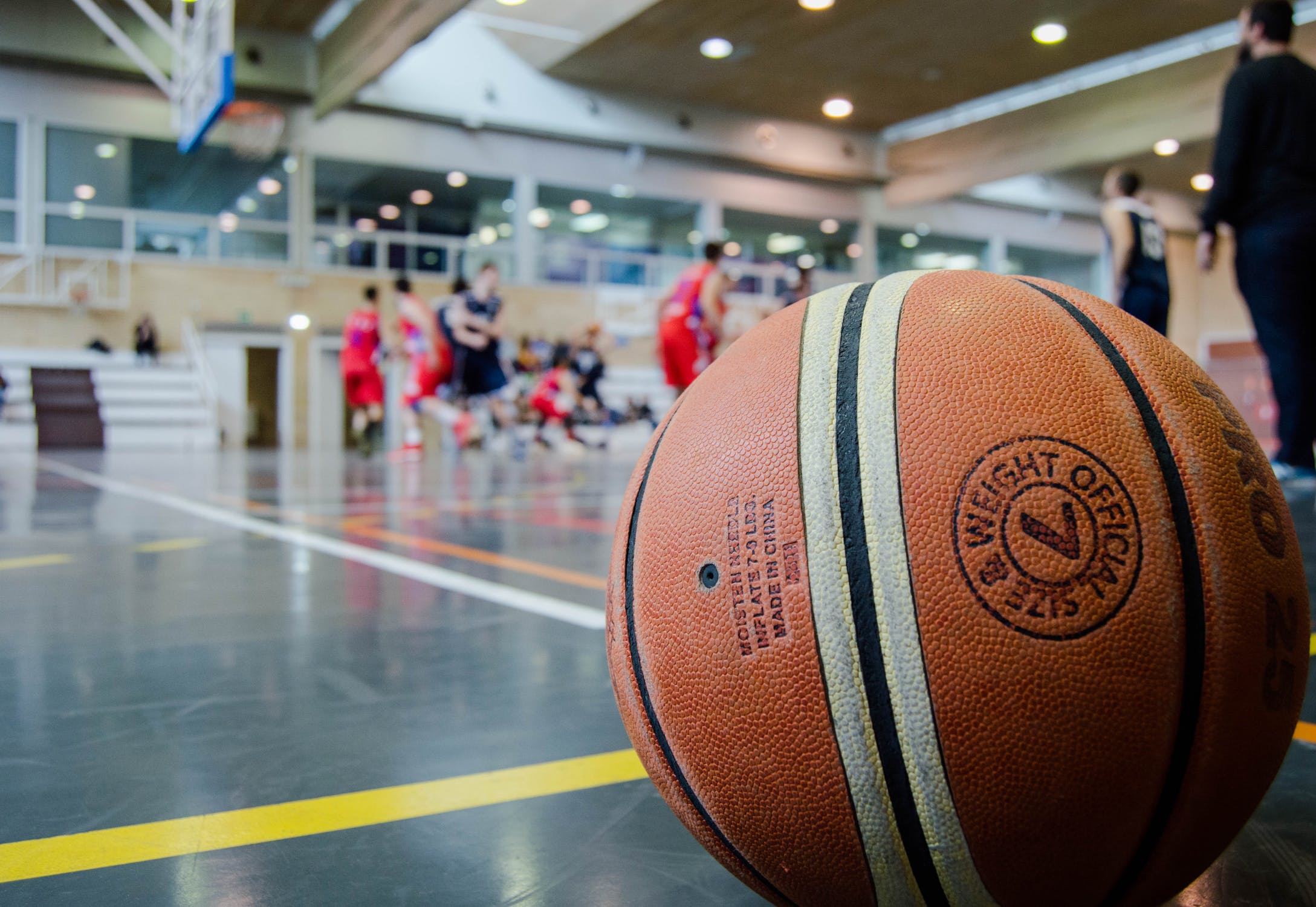United States Supreme Court Opens Door To NCAA Athlete Compensation
June 25, 2021
written on behalf of Feigenbaum Law
Just a few months ago we wrote about the United States Supreme Court’s plans to hear a petition from the NCAA regarding two lower court decisions that held the organizing body of college athletics could not put a cap on compensation offered to Division 1 football and basketball players. Just this week the court returned its decision, putting the matter to rest.
Why weren’t college players compensated to begin with?
When the NCAA made its arguments before the court, they said that the NCAA was created more than 100 years ago with the goal of restoring “integrity and the social value of college athletics.” At the time, the organization said it wanted to prevent college sports from too closely resembling the professional sports world.
Lawyers representing players as well as those from the Justice Department asked the court to allow players to receive compensation outside of payment, including graduate degree scholarships, paid post-graduate internships, and equipment related to their education.
Anti-trust lawsuit makes its way to the Supreme Court
The current and former students represented in the anti-trust lawsuit against the NCAA alleged before the court that the NCAA’s policies prohibiting compensation violated Section 1 of the Sherman Act, which prohibits “contracts, combinations, or conspiracies in restraint of trade or commerce.”
The court was quick to agree with the preceding decisions that found the NCAA’s compensation restrictions should be looked at through the lens of the Sherman Act. The NCAA had claimed its situation should have been analyzed under a different standard because of the nature of the organization and because the schools that compete under the umbrella of the NCAA are not commercial enterprises.
The court recognized that micromanaging the operations of an organization as large as the NCAA under the scope of anti-trust legislation might not be reasonable, but went on to agree with the lower courts that allowing compensation outside of payment would still allow athletes to be considered amateur.
However, the student-athletes argued that the lower courts’ decisions did not go far enough and sought compensation “not tethered to education.”
While the Supreme Court did not go so far as to expressly allow for cash payments to be made to players, it did hold that other forms of compensation should not be prohibited. This could also include monetary rewards for maintaining a certain GPA. Justice Kavanaugh wrote,
“Everyone agrees that the NCAA can require student-athletes to be enrolled students in good standing. But the NCAA’s business model of using unpaid student-athletes to generate billions of dollars in revenue for the colleges raises serious questions under the antitrust laws.”
States are starting to follow suit, with a story on Politico reporting that Alabama, Florida, Georgia, and Texas have approved laws allowing college athletes to earn money from the use of their name, likeness, and images.
Our team of professionals offers a full range of services to clients in the sports and entertainment industries including agents and coaches, especially as it relates to cross-border matters and financial arrangements. We take a personal approach with our clients, understanding and meeting their unique needs. Contact us online, or call us at (416) 777-8433 or toll-free at (877) 275-4792 to learn more about how we can help.





